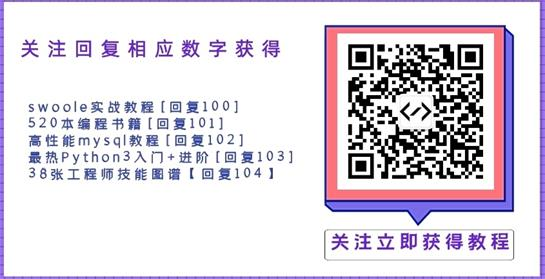脚本内容大概主要包括以下: 1、有且只有两个输入参数,都是必输项。 2、参数的格式是日期且格式是“yyyyMMdd"(如:20140101) 3、第二个参数一定要比第一个参数晚 4、最终的执行结果就是将两个日期区间的日期打印出来。
#!/bin/bash
startDate="$1"
endDate="$2"
DATE_FMT="%Y%m%d"
source ./log.sh
export DEBUG="true"
function showUsage() {
warn ""
warn "------------------------ Usage ----------------------------- "
warn " Syntax: checkInputDates.sh <start date> <end date>"
warn ""
warn " Remark: "
warn " 1.Two arguments are required and must with format 'YYYYmmDD'."
warn " 2.Named 'end date' argument must be greater then or equal to 'start date' argument."
warn ""
warn " Example: checkInputDates.sh 20140102 20140901"
warn "------------------------------------------------------------ "
}
DATE_FMT=${DATE_FMT:-"%Y%m%d"} ##Default with format "%Y%m%d", eg: 20140102
function checkDateValid() {
local myDate=$1
local exp="date +$DATE_FMT -d $myDate"
if [ "$myDate" == "`$exp`" ]; then
echo "1"
else
echo "0"
fi
}
###
## TODO: It's not correctly.
##
function datesDiff() {
local d1=`date -d "$1" +%s`
local d2=`date -d "$2" +%s`
##debug "Dates: "$d1 $d2
local cr=$(($d1-$d2)); ##Diff in 'day' unit.
echo $cr
}
##
# Return the day after input date.
# Usage: toTomorrow <input date>
##
function compareDates() {
## `date -d " 20141225 1 day" +%Y%m%d`
local cr=$(datesDiff $1 $2); ##Diff in 'day' unit.
##debug "Compare: $(($(date +$DATE_FMT -d $1) - $(date +$DATE_FMT -d $2)));";
if [[ $cr -eq 0 ]]; then
echo "0"
elif [[ $cr -gt 0 ]]; then
echo "1"
else
echo "-1"
fi
}
##
# Return the day after input date.
# Usage: toTomorrow <input date>
##
function toTomorrow() {
local curDate="$1"
##debug $curDate
##TODO: Must be adapted to DATE_FMT...
##curDate="${curDate:0:4}-${curDate:4:2}-${curDate:6:2}"
##debug "date -d '$curDate +1 day ' +$DATE_FMT"
##echo `date -d "$curDate +1 day " +$DATE_FMT`
##echo `date +$DATE_FMT -d "1 day $curDate"`
echo `date -d "1 day $curDate" +$DATE_FMT`
}
function countStrsByBlank() {
##local str="$1"
##local sep="${2:-' '}"
##echo $str | awk -v v="$sep" '{ split($0, a, v);for(i in a) {c=i;}} END {print c;}'
set j=0
for item in $dates
do
let j=j+1
done
echo $j
}
##
# Get the diff date list between input two dates.
# Usage: getDiffDateList <end date> <start date>
##
function getDiffDateList() {
local endd=$1
local stad=$2
dl=()
while [[ "$stad" != "$endd" ]]
do
dl=(${dl[*]} "$stad")
stad=$(toTomorrow $stad)
done
dl=(${dl[*]} "$stad")
echo "${dl[*]}"
}
###### Check inputs ################
#1. Only two arguments.
warn ""
if [ $# != 2 ]; then
warn "ERROR: Only support two arguments input." | showUsage
exit 1;
fi
#2. Check if they're the leagal value.
tmpSd=$(checkDateValid $startDate)
if [ "$tmpSd" == "0" ]; then ###It's the invalid date. eg: 20141901
warn "ERROR: Invalid 'start date' with input '$startDate', it must be with format 'yyyyMMdd', eg: 20140101" | showUsage
exit 1;
fi
tmpEd=$(checkDateValid $endDate)
if [ "$tmpEd" == "0" ]; then ###It's the invalid date. eg: 20141901
warn "ERROR: Invalid 'end date' with input '$startDate', it must be with format 'yyyyMMdd', eg: 20140101"
exit 1;
fi
#3. Check the arg2 greater than or equal arg1.
##echo "Compare result: "$(compareDates $endDate $startDate)
cprs=$(compareDates $endDate $startDate)
if [ "$cprs" == "-1" ]; then
warn "ERROR: The first argument must not greater than the second one!" | showUsage
exit 1;
fi
######################################
##loop the dates between start and end date.
while [[ "$startDate" != "$endDate" ]]
do
echo $startDate
startDate=$(toTomorrow $startDate)
done
